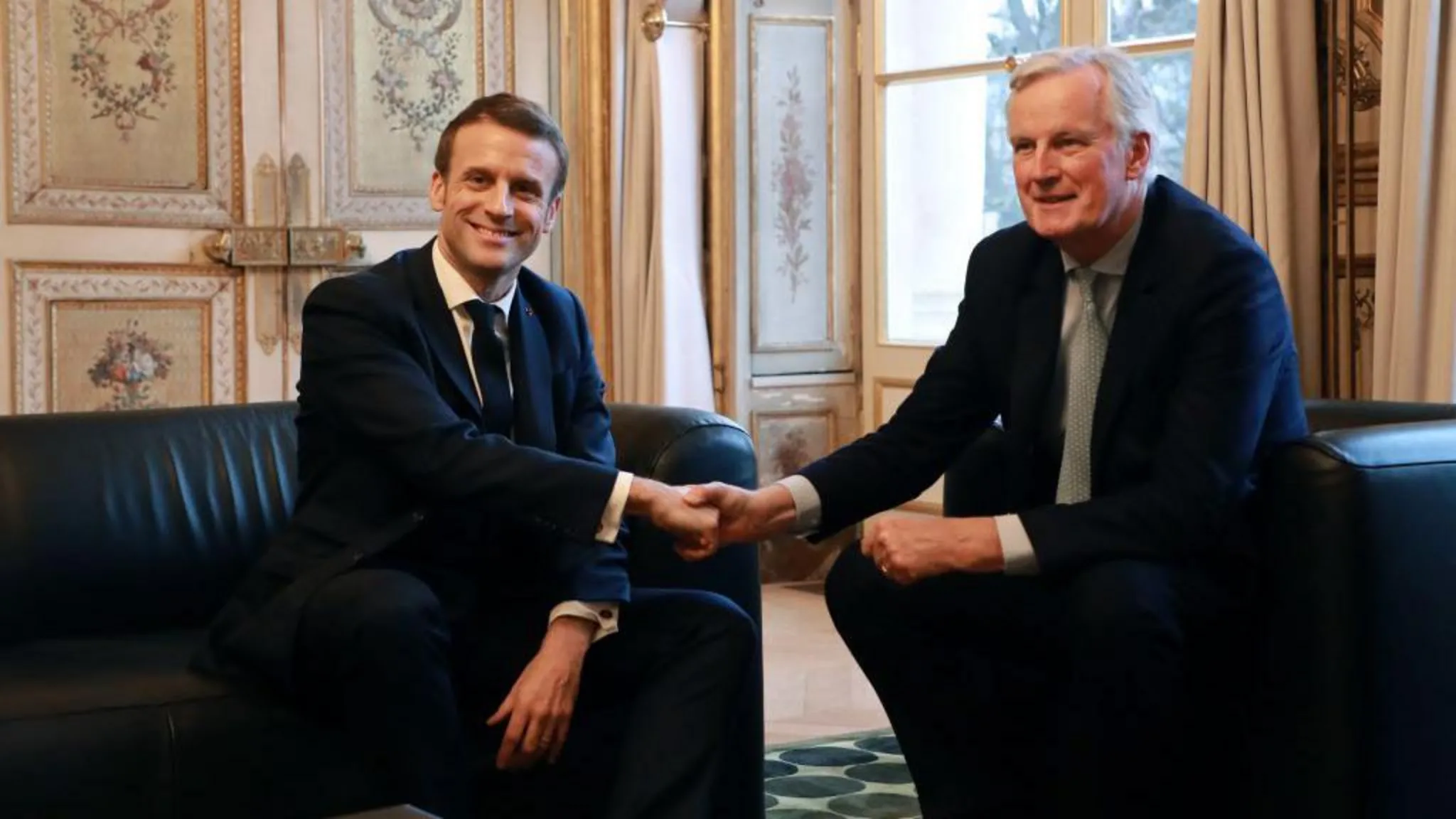French President Emmanuel Macron has unveiled his new government almost three months after a snap general election delivered a hung parliament.
The long-awaited new line up, led by Prime Minister Michel Barnier, marks a decisive shift to the right, even though a left-wing alliance won most parliamentary seats.
It comes as the European Union puts France on notice over its spiralling debt, which now far exceeds EU rules.
Among those gaining a position in the new cabinet is Bruno Retailleau, a key member of the conservative Republicans Party founded by former president Nicolas Sarkozy.
Just one left-wing politician was given a post in the cabinet, independent Didier Migaud, who was appointed as justice minister.
France’s public-sector deficit is projected to reach around 5.6% of GDP this year and go over 6% in 2025. The EU has a 3% limit on deficits.
Michel Barnier, a veteran conservative, was named as Macron’s prime minister earlier this month.
Members of the left-wing alliance, the New Popular Front (NFP) have threatened a no-confidence motion in the new government.
Far-left leader Jean-Luc Mélenchon called for the new government to “be got rid of” as soon as possible.
On Saturday, before the cabinet announcement, thousands of left-wing supporters demonstrated in Paris against the incoming government, arguing that the left’s performance in the election was not taken into consideration.



The assemblée nationale can block and cause the prime minister to resign can’t they? Can the left wing alliance not join forces again to veto the pm appointment? I guess the problem is that they managed to do it to repel the le pen’s party but not all left leaning parties are similarly united against Barnier’s government.
They could but they won’t have enough votes to go through with it unfortunately. The assembly is roughly 33% of the three big groups, the united left, Macron’s party and the far right. With the united left having slightly more seats than the other two.